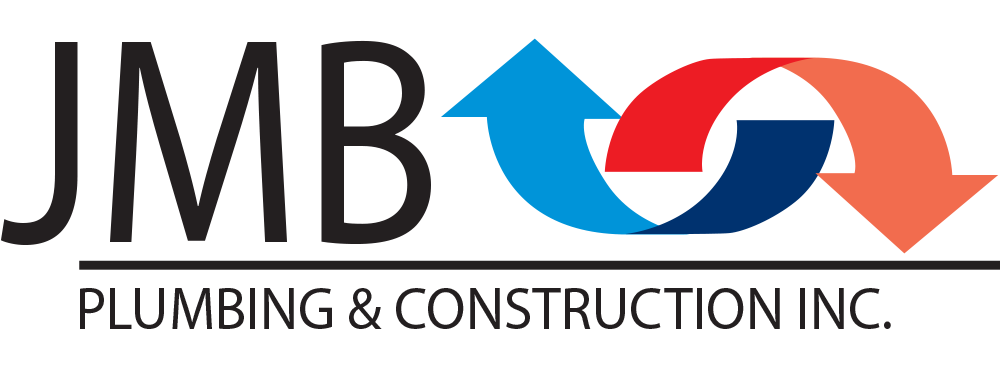What Can you Put Down Your Sink?
Can You Put Coffee Grounds Down the Sink? What about small amounts of oil?
Keeping your sink drain clear and functional is crucial for maintaining a healthy plumbing system. While it might be tempting to use your sink as a catch-all for waste, doing so can lead to clogs, unpleasant odors, and costly repairs. Here’s a comprehensive guide on what you can and cannot put down your sink drain.
What You Can Put Down Your Sink Drain
Water and Liquids:
Clear Water: Water, whether hot or cold, is perfectly safe to go down your drain.
Mild Soapy Water: Water mixed with mild dish soap or hand soap is generally safe for your plumbing system.
Diluted Solutions: Slightly diluted solutions, like those used for cleaning with vinegar and baking soda, are typically safe as long as they are not too concentrated.
Small Food Particles:
Soft Foods: Small, soft food particles like crumbs or tiny bits of cooked vegetables can usually be washed down the drain without issue.
Liquefied Foods: Soups or purees can be disposed of in moderation, provided they don’t contain large, fibrous, or greasy chunks.
What You Cannot Put Down Your Sink Drain
Grease and Oils:
Cooking Oil and Grease: Grease and oil may be liquid when hot, but they solidify as they cool, leading to major clogs in your pipes.
Bacon Fat and Butter: Similar to cooking oil, these fats will harden and stick to the sides of your plumbing, causing blockages over time.
Fibrous and Starchy Foods:
Vegetable Peels and Coffee Grounds: Fibrous materials like potato skins, onion peels, and coffee grounds don’t break down easily and can cause stubborn clogs.
Rice and Pasta: These starchy foods expand when exposed to water, potentially leading to blockages.
Chemical Substances:
Harsh Chemicals: Avoid pouring chemicals like paint, paint thinner, or household cleaning products down the drain, as they can corrode pipes and cause environmental harm.
Medications: Pharmaceuticals can contaminate water supplies and should be disposed of through proper channels, such as a pharmacy take-back program.
Non-Food Items:
Personal Care Products: Items like cotton balls, dental floss, and hair should never be washed down the sink, as they can easily cause clogs.
Plastics and Wrappers: These items don’t break down and can lead to significant plumbing issues if they end up in your pipes.
How to Maintain a Healthy Sink Drain
Use a Sink Strainer: A sink strainer catches food particles and debris, preventing them from entering your drain.
Regular Cleaning: Clean your sink and drain regularly with mild cleaners to prevent buildup.
Proper Disposal: Dispose of cooking grease and oil in a container and throw it in the trash. Compost fibrous vegetable peels and coffee grounds.
Conclusion
Being mindful of what you put down your sink drain can save you from a lot of plumbing headaches. When in doubt, err on the side of caution and dispose of questionable items in the trash or compost bin. By following these guidelines, you’ll keep your plumbing system running smoothly and avoid unnecessary repairs. Happy plumbing!
